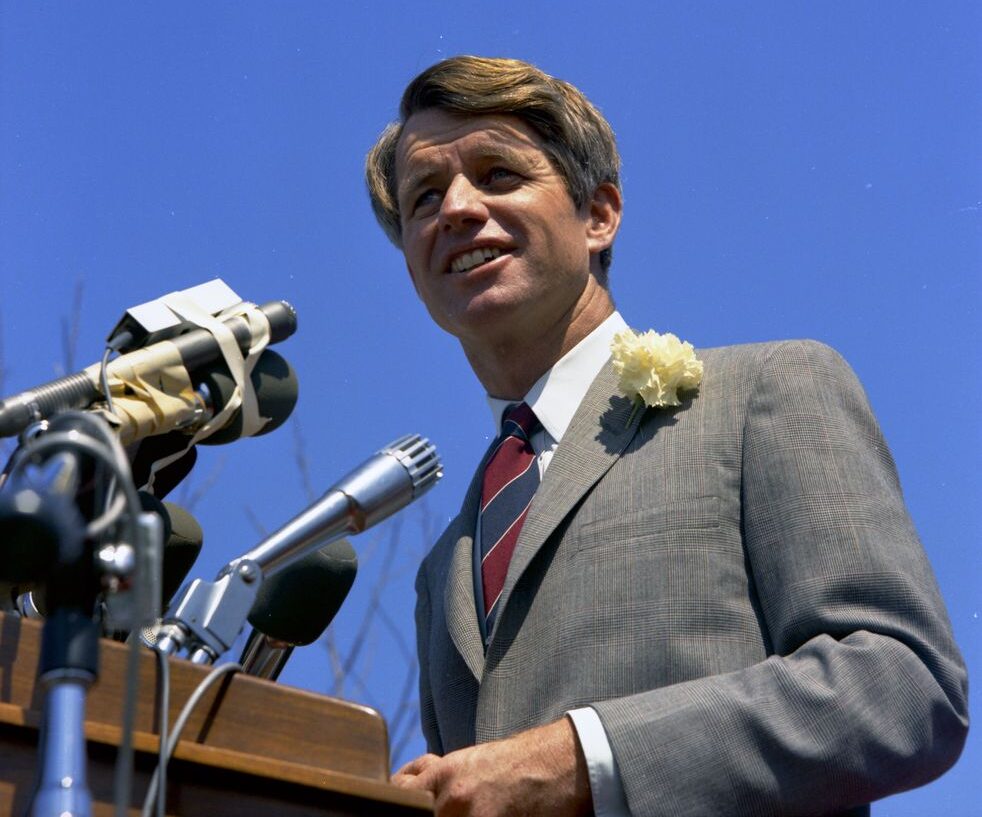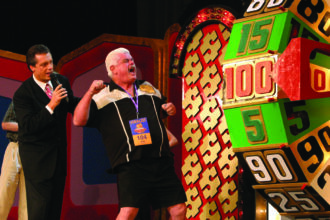Robert F. Kennedy Jr., the Health and Human Services Secretary, recently made controversial remarks about autism during a press conference. He referred to autism as an “individual tragedy” that “destroys families” and “destroys” children.
Autism is complex. RFK Jr.’s comments are simplistic and stigmatizing. In Maryland, @GovWesMoore signed the Model Employer Act—to expand inclusive employment. The barrier isn’t talent. It’s opportunity. https://t.co/l1QE0M7NvI
— Aruna K. Miller (@arunamiller) April 17, 2025
Kennedy argued that most individuals with autism will never hold jobs, pay taxes, or enjoy typical social activities. Gwen Walz, the wife of Minnesota Governor Tim Walz, criticized Kennedy’s comments. “This is deeply upsetting, especially coming from our nation’s highest-ranking health official,” she wrote on X, formerly Twitter.
As a pharmacist for 40 years and elected official for over 25 years, I have worked closely with the Autism community. The comments by the HHS Secretary about the abilities of this community are dead wrong and an insult.https://t.co/tlJQ5CAyNX
— John T. McDonald III – Member of NYS Assembly (@johnmcdonald108) April 18, 2025
Hannity uses his interview with RFK Jr to desperately try to clean up RFK Jr's cruel and inhumane comments yesterday about autistic kids. RFK Jr then does his best to walk it back too. pic.twitter.com/lxSOVOev6W
— Aaron Rupar (@atrupar) April 18, 2025
“Individuals with autism are family, neighbors, students, and coworkers and they contribute more to this nation than this man ever will.” The Walzes shared last year that their son, Gus, has a learning disorder, an anxiety disorder, and ADHD. The Cleveland Clinic explains that autism presents in varied ways. While some individuals with autism may need more support, many others live independently.
Kennedy criticized for autism comments
Framing autism as a tragedy or burden is dehumanizing and harmful. Kennedy’s remarks also downplayed the role of better screening and earlier detection in rising autism diagnoses.
“Autism spectrum disorders are extraordinarily complex neurodevelopmental conditions, not a one-size-fits-all diagnosis.” https://t.co/jN756mhTwx
— Nicole Saphier, MD (@NBSaphierMD) April 17, 2025
He controversially described autism as a “preventable disease,” despite research debunking such claims. The backlash pushed Kennedy to clarify that he was referring primarily to individuals with severe autism. Humphreys, a licensed professional counselor and registered art therapist, criticized Kennedy’s comments for perpetuating harmful stereotypes about autism.
“Statements that people with autism will never function in society are very untrue and hurtful,” Humphreys said. “These generalized remarks sustain harmful stereotypes and overlook the ability of people with autism to live fulfilling lives.”
Walz’s decision to speak out is seen as a crucial counter to Kennedy’s remarks. Sharing personal stories about living with autism can help newly diagnosed families see hope instead of despair.
Jack Schlossberg, Kennedy’s cousin, also criticized the health secretary for his remarks, adding another layer of public dissent within the Kennedy family. The fallout from Kennedy’s comments underscores the ongoing challenges in perception and support for the autism community.















